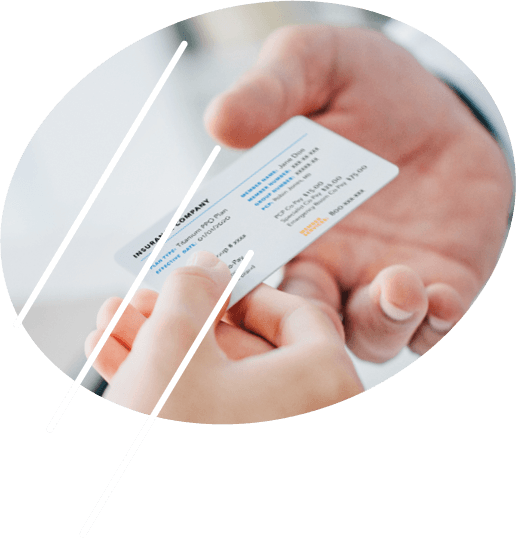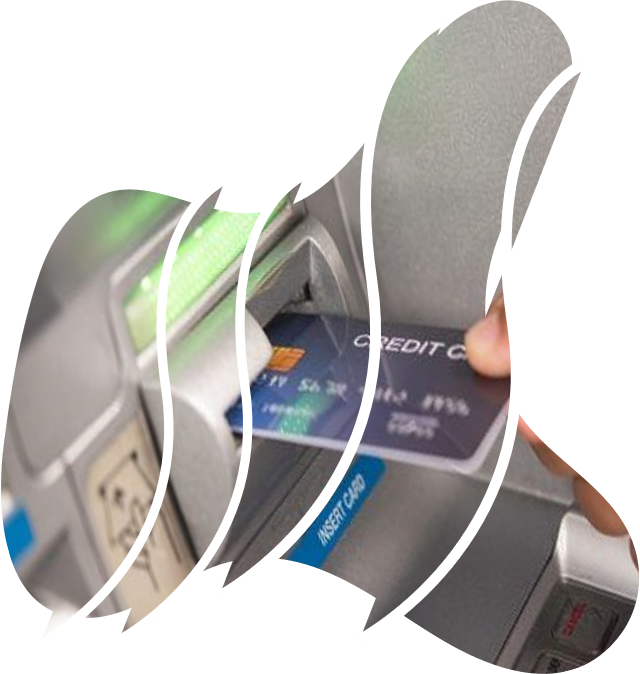BLOCKCHAIN
Revolutionize the trust that powers your business
Retail
Improve Traceability Initiatives & Supply Chain Transparency with Distributed Ledger Technology (DLT)
FinTech
Facilitate credible transactions without third party oversight using Smart Contract. Unlock new business value .
What is Blockchain?
As an era of initial cryptocurrency hype comes to a close, the blockchain sector marches on. Blockchain is a trusted distributed ledger system across a network of users. A system, where the parties cooperate to ease the transaction process and make it more anonymous and yet more secure. Blockchain database is made up of blocks of information. Each block represents a certain transaction that has been made on the network and is based on Cryptographic hash functions. Advantages of Blockchain include:
- Greater transparency
- Enhanced security
- Improved traceability
- Increased efficiency and speed
- Reduced costs
- Registering of IoT Devices
Life Sciences
A Catalyst for the Next Wave of Progress
For the life sciences industry, Blockchain has the potential to accelerate cross-industry partnerships. Blockchain technology is an ideal solution since no single organization is responsible for provenance. It can enhance collaboration, trust, interoperability, traceability, and auditability in areas such as clinical trials, supply chain management, financial transactions, credentialing, and claims processing.
For example, the Life Sciences ecosystem benefits from having authentic product in the supply chain, ensuring brand integrity and improved patient outcomes by delivering authentic product to the patient.
Clinical Trials
Secure & Protect Trial Outcomes
Patient Incentivization
Secure Reward-for-Data platform
Supply Chain
Drug Provenance
Provider
Improve Efficiency. Reduce Cost. Save Time.
Hospital costs continue to mount, along with inefficient practices. Blockchain can facilitate the transition from institution-driven interoperability to a patient-centered one and create a single system for heath records for secure and rapid retrieval by authorized users, resulting in a faster, cheaper, and better patient care.
Blockchain promotes interoperable EHRs and protects sensitive data from breaches. Medical supplies can be secured and traced and claim processing can be made more robust with immutable records.
Accessible Electronic Medical Records
Secure & Share EMR Data amongst authorized users
Point-of-Care Genomics Management
Monetize Point-of-Care Genomics Data
Consent Management & Credentialing
Improve Clinician Credentialing & Consent Management
Payer
Tackle Trust, Transparency, and Data Integrity
Increasing costs, discerning customers, and innovative disruption are just a few of the challenges faced by health insurance firms. The biggest application in health insurance is to create a system of trust between parties. Blockchain could automatically collect records of agreements, transactions, and other valuable information sets, then link together the information and act on the data using smart contracts. It can also vastly improve provider directory accuracy.
Healthcare data exists in many places such as labs, doctor’s offices, as well as claims with different insurance companies. Blockchain provides an easy way to piece all this information together from disparate data sources and have a holistic view of the subscriber – while providing complete data protection.
Interoperable Health Records
Establish Trust Between Entities
Enhance Administration Imperatives
Automate integration of valuable data usign Smart Contracts
Identify Fraud
Reduce fraudulent claims using Smart Contracts
Financial Services
Making Trust The Universal Currency
Blockchain brings new transparency, simplicity, and efficiency to every financial transaction. It builds greater trust for all stakeholders. Banks can transform financial guarantees with Blockchain - all stakeholders can have a single source of information that increases efficiency and reduces the potential for fraud using paperwork.
Using Smart Contracts, financial institutions can standardize rules and simplify global trading, thereby decreasing risk and increasing revenue generating opportunities. Smart Contracts can also help simplify and expedite small business loans, while ensuring the information remains secure.
Blockchain also can reduce the processing time for letters of guarantees to vouch for specified assets, while enhancing security through better encryption.
Accelerate Operational Efficiency
Real-time, multi-party tracking of Letters of Credit, Bank Guarantees, and other docs.
Compliance Automation
Automated compliance processes using immutable data.
Speed up Settlements
Eliminate Friction in inter-bank transfers.
Retail / CPG
The Future of Retail is Here
Blockchain technology allows everyone to keep an eye on what is going on within a system, without giving any single person control over the information. Blockchain in retail is changing how suppliers and retailers earn consumer loyalty by building trust across the supply chain from source to consumer.
Blockchain technology’s immutability together with its ability to track and trace products provides key benefits to the Retail Sector – product provenance, prevention of counterfeit goods, improved customer identity & loyalty management, and a transparent supply chain.
Using blockchain technology, retailers can track their goods from the manufacturers and ensure that they are getting the authentic product every single time.
Product Provenance
Identification of Fake/Counterfeit goods
Customer Loyalty
Securing and Opening up Loyalty Programs to entice customers
Supply Chain
Support Fair Trade, improve transparency with vendors, and speed up payments.
Smart Cities
Driving Smart City Development
Smart Cities are experiencing growth in urbanization and must reduce public budget, especially after experiencing the economic downturn caused by COVID-19. The future of the planet will be fundamentally urban as current trends show that people are relocating to cities en masse.
City governments must look at innovative technologies to solve some of these challenges. With features such auditability, transparency, immutability, and decentralization Blockchain can empower Smart Cities – prioritizing local commerce, improving public transit, better land and property management, energy & pollution management, and more.
Blockchain allows city management to be distributed among all parties involved. It is a key to solving various sociodemographic problems that are on the rise and it can help a city understand its residents’ needs and priorities to make informed decisions.
Urban Planning
Foster greater community participation and reduce administrative costs.
Departmental Transparency
Provide a single source of secure, verified information to avoid misinformation.
Rewarding Citizenship
Empowering Citizens to influence decisions and encouraging data sharing.
Blockchain Technology Stack
Neblio is a secure, distributed, platform built for enterprise applications and services.
Blockchain Expertise for Leading Enterprises
Blockchains will do for networks of enterprises and business ecosystems what Enterprise Resource Planning (ERP) did for the single company. Blockchain can integrate information and process within and across enterprise boundaries and has the potential to streamline and accelerate your business processes, increase protection against cybersecurity, and reduce or eliminate the roles of intermediaries.
Xenolytix can help put Blockchain at the center of your digital transformation. Our team of technology and industry domain experts work with you to explore, envision, establish, and evolve your solution.
Blockchain FAQ
Got a question? We’re here to help.




